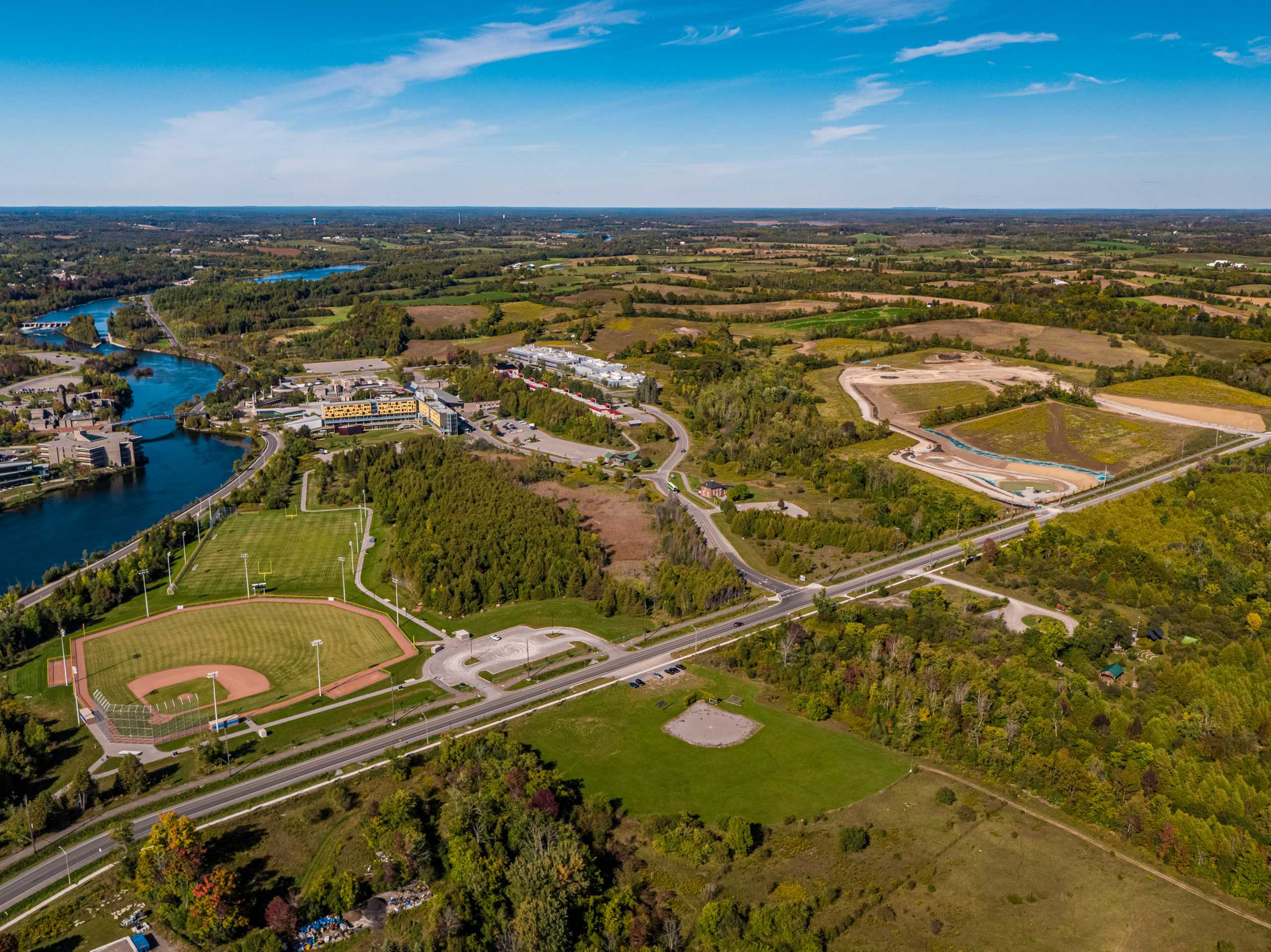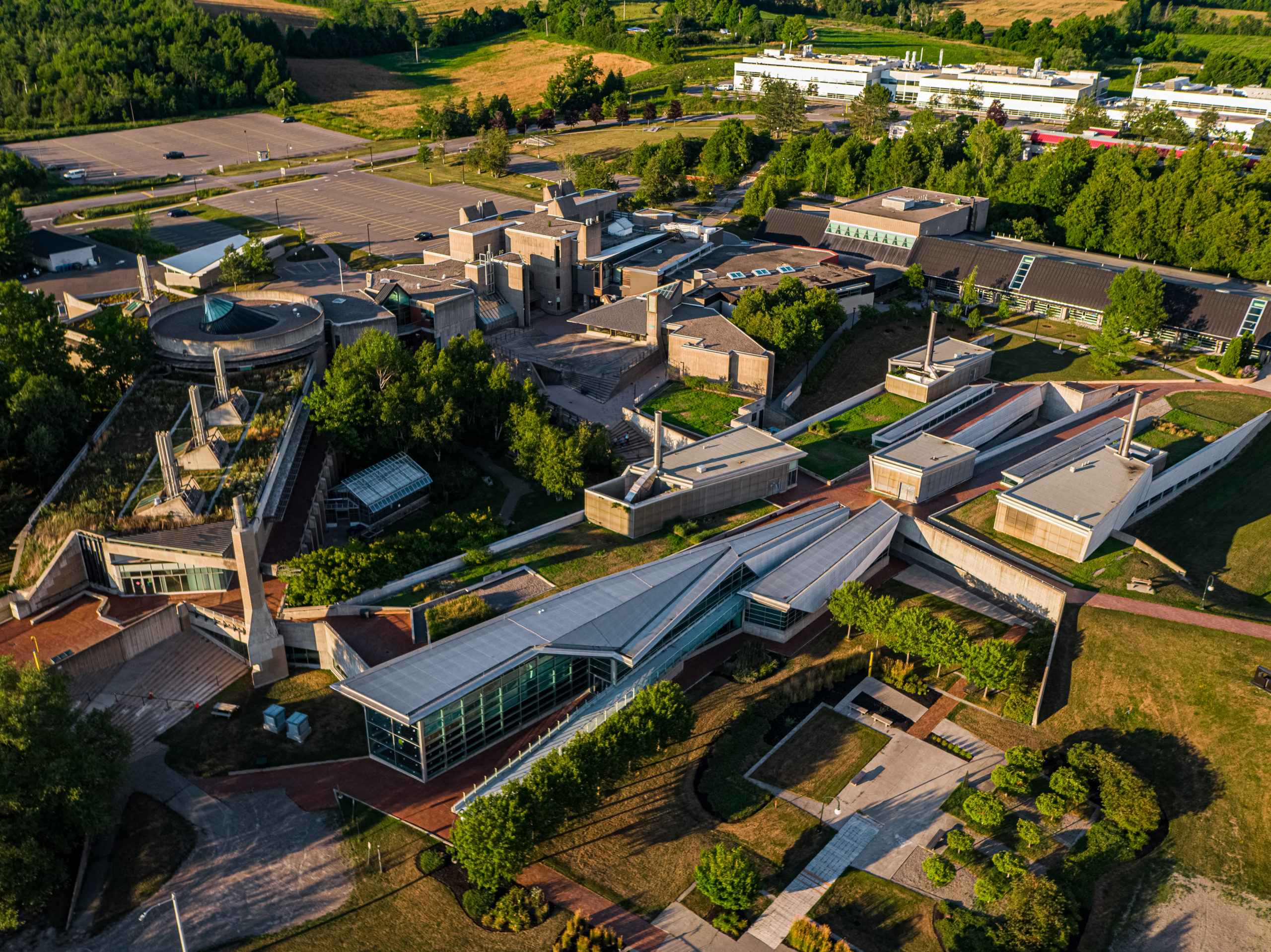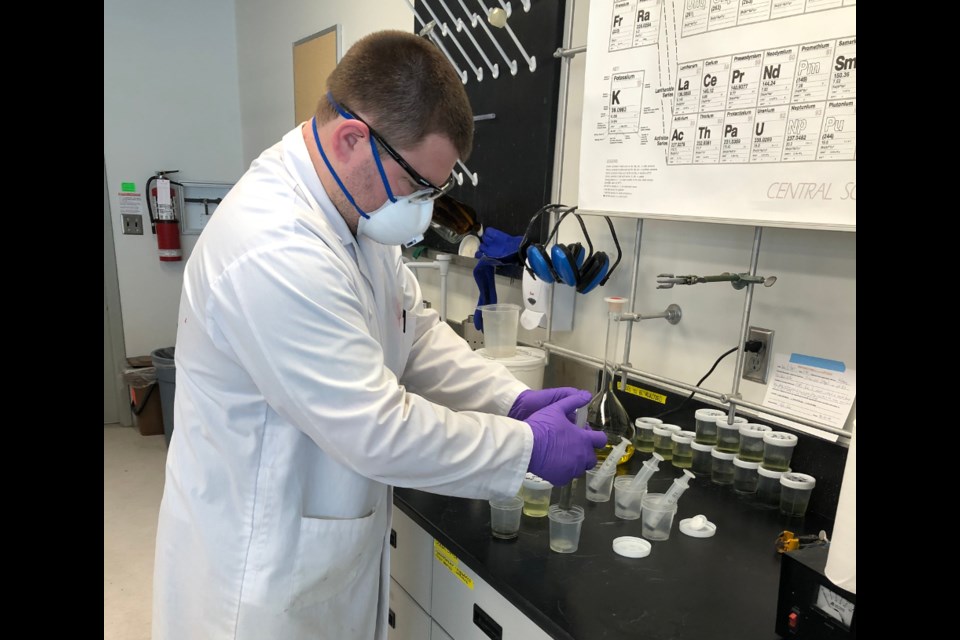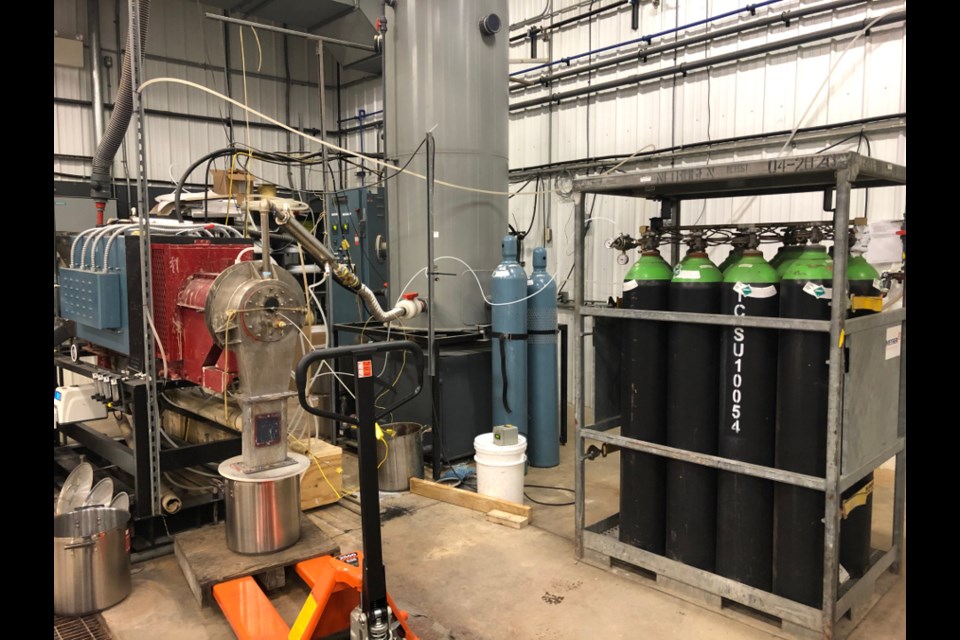“Cleantech Research and Development Important for COVID-19 Economic Recovery” – says “Friend of Cleantech Commons”, Noel Courage
Writing for highly regarded boutique IP law firm, Bereskin & Parr, Noel Courage and Suzie Suliman argue that Canadian “optimism for cleantech is shown by focused initiatives such as Cleantech Commons, a research and innovation park under construction in Peterborough.”
You can read the full article here!

Cleantech Commons™, the authors point out, “is associated with Trent University, which has one of the largest environmental and life sciences graduate programs in Canada.”
In their widely published article, the authors emphasize that the focus of the research park will be on “cleantech, water technology, agri-food products and biomaterials.” See their article in Lexology here! And in Mondaq here!
Arguing that “clean technology has been a priority in Canada’s economic growth for some time,” Courage and Suliman write that “accelerating the transition to cleantech and clean energy alternatives presents an opportunity to restart the economy after the challenges faced during the COVID-19 pandemic.”
According to the article, cleantech companies currently employ nearly 200,000 Canadians, and continued growth is expected to help create even more well-paying jobs.
Pointing out that cleantech research and development can also lead to manufacturing and distribution, and innovative cleantech solutions have the potential to generate significant economic benefits for the Canadian export industry, they argue that “supporting cleantech research and development not only contributes to positive environmental impacts and building healthier communities, but also supports jobs and Canada’s economic growth as it recovers from the effects of the COVID-19 pandemic.”

Cleantech is firmly on the Canadian federal government’s radar.
The government announced in September that it will start a new fund to spur investments and jobs in zero-emissions products. The government also intends to move forward with a Clean Power Fund and support investments in renewable energy and next-generation clean energy and technology solutions. Corporate taxes will also be cut for cleantech companies.
The newly-announced initiatives are in addition to recent programs that already recognize the benefits start-ups provide to Canada’s economy.
For example, the Industry Research Assistance Program (IRAP) Innovation Assistance Program (IAP) provided $250 million in COVID-19 relief financing to companies in 2 categories: (1) high potential start-ups with less than $1 million in revenues; and (2) high growth firms that use their sales revenue to hire operational staff and require investment to sustain innovative activities.
This program offered wage subsidies to companies in the early-stages or pre-revenue, that were not eligible for the Canada Emergency Wage Subsidy.
As a result, over 2900 companies, who relied on the IRAP IAP during the pandemic, were better positioned to be able to keep their employees and maintain their research and development activities.

Over the last few months, the Canadian government has continued to invest in cleantech start-ups, and in some cases has ramped up these investments.
The Sustainable Development Technology Canada (SDTC) seed fund supports up to 100 start-ups each year.
In June 2020, ten cleantech start-ups received $41.8 million in federal funding.
On September 16, 2020, the Minister of Innovation, Science and Industry announced an investment of $24.8 million through the SDTC in nine small businesses across Canada that are working to tackle climate change, providing well-paying jobs and helping to create a more sustainable future.
The SDTC has supported more than 25 cleantech start-ups in 2020, such as: Calogy Solutions, which is a start-up company creating thermal management technology for batteries to lower the cost of electric vehicles, improve battery safety and increase battery life. Elocity was also supported, to continue developing data-based controls to assist electricity distribution companies in maintaining grid sustainability to meet the demands of the electric vehicle market.
In July, the government of Canada also announced almost $13 million in funding for 30 cleantech projects in Quebec to contribute to its goal of establishing “a culture of innovation throughout the province” and contribute to adoption and marketing of technologies that reduce environmental impacts. These investments were awarded to companies such as Nergica, a centre of applied research that stimulates innovation in the renewable energy industry.

However, many cleantech start-ups rely heavily on private investment.
Not surprisingly, private investment into cleantech start-ups has declined in 2020 as compared to previous years.
In 2020, during the early part of the COVID-19 pandemic, an observed trend has been that investors had reserved their funding to existing portfolios.
Companies with the ability to contribute to the pandemic response flourished, such as testing, developing vaccines, and PPE production.
Cleantech was temporarily an afterthought. While pandemic response initiatives were extremely important, other initiatives that had the potential to provide economic recovery also needed support, and in some cases their R&D was adversely affected by research lab closures. Private investor activity will bounce back in the cleantech sector, and there are calls for further government support.
Funding alone will not create a successful cleantech sector.

There are organizations that help support cleantech companies, such as the Canada Cleantech Alliance, a network of over 200 companies, accelerators and associations that support Canadian cleantech.
Optimism for cleantech is shown by focused initiatives, such as Cleantech Commons, a research and innovation park under construction in Peterborough. It will focus on cleantech, water technology, agri-food products and biomaterials. The Commons is associated with Trent University, which has one of the largest environmental and life sciences graduate programs in Canada.
“Now more than ever,” the authors conclude, “ continued private and government investment will provide valuable outcomes, not just for the environment but for our economy as well.”
About Bereskin & Parr
Bereskin & Parr is a “highly regarded IP boutique” firm and is “widely recognized as a well-rounded team with coveted expertise in trademark portfolio management, patent prosecution and IP litigation” – Chambers Global: The World’s Leading Lawyers for Business
About Cleantech Commons
Cleantech Commons is a hub for clean, green & low/ zero-carbon technology research, innovation, entrepreneurship & commercialization. At Cleantech Commons we are building a clustered community of scalable growth companies, startup & spinout ventures, and corporate accelerators & “innovation outposts”, all committed to having a positive impact on the most pressing energy, environment and climate challenges of our times.
The Cleantech Commons Virtual Concierge Service (VCS) is designed to curate relevant and timely information for members of the Cleantech Commons community.
We understand that the amount of information about assistance programs can sometimes be overwhelming and difficult to navigate.
Our VCS helps point entrepreneurs, startup & early-stage ventures, and growth companies to specific information sources designed to help clean technology ventures to start, grow, scale and prosper.

